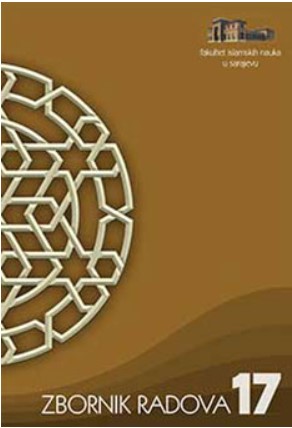METAFIZIČKI TEMELJI IQBALOVE POLITIČKE MISLI
THE METAPHYSICAL FOUNDATIONS OF ALLAMA IQBAL’S POLITICAL THOUGHT
Author(s): Shahzad QaiserSubject(s): Metaphysics, Political Philosophy, Philosophy of Religion, Contemporary Islamic Thought
Published by: Fakultet islamskih nauka u Sarajevu
Keywords: metaphysics; perception; philosophy; Kant; Iqbal; unity in diversity; states; freedom of religion;
Summary/Abstract: This paper is mainly based on Iqbal’s The Reconstruction of Religious Thought in Islam. In the analysis of the work the author of this essay points out that Iqbal thoroughly studied Kant and enthusiastically perceived trends in contemporary philosophy of the West. Iqbal, however, critically examined Kant’s denial of metaphysical assumptions and asserted that religious experience is a valid form of knowledge that cannot be rejected just because it is not acquired through sense-perception. He thereby had in mind that the traditional world kept metaphysics and religion as fundamental principles of knowledge and being. In the opinion of Shahzad Qaiser metaphysical principle of “unity in diversity” has remained an essential foundation of Iqbal’s philosophical and political thought, which is, in essence, based on religious metaphysics despite the obvious contemporary connotations. One has to realize that the metaphysical principle of ‘unity in diversity’ refers to the multiplicity and returns it back to the original principle of unity. According to Qaiser, one of the greatest Iqbal’s contributions is that he has demonstrated that the freedom of Islam means freedom, equality and solidarity of all people who live in the Islamic state with no racial, cultural or religious discrimination.
Journal: Zbornik radova Fakulteta islamskih nauka u Sarajevu
- Issue Year: 2013
- Issue No: 17
- Page Range: 35-50
- Page Count: 16
- Language: Bosnian

